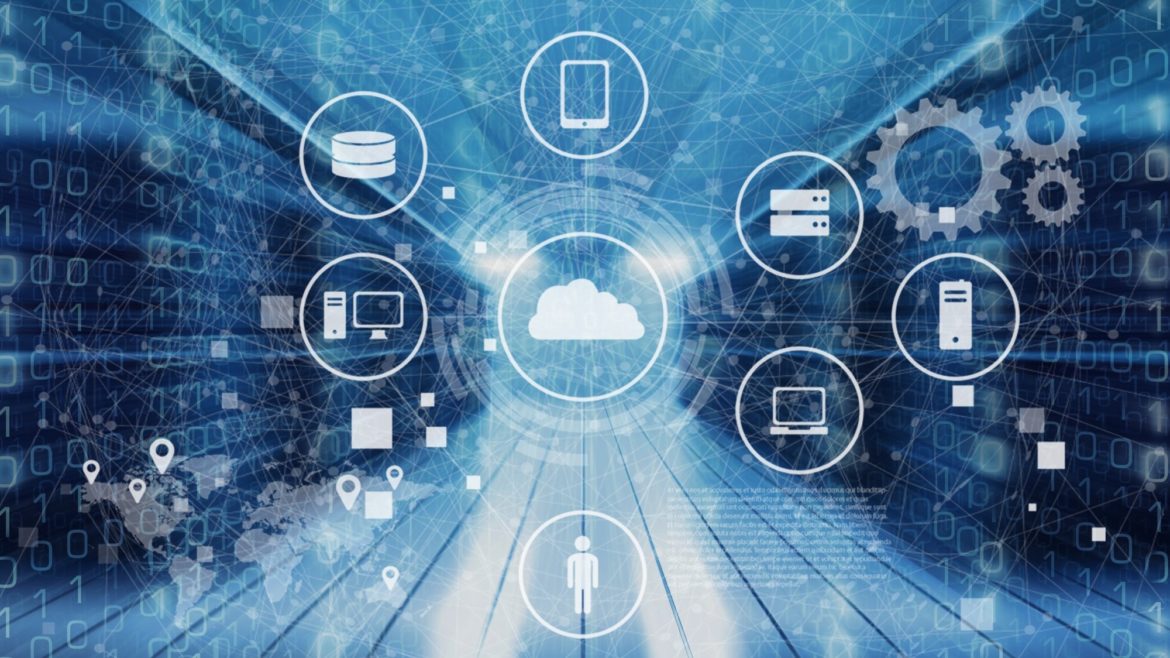Technology | The Norwegian Government’s strategy for data as a resource

On Friday 26 March 2021, the Norwegian Government published its report Meld. St. 22 (2020–2021): Data som ressurs – Datadrevet økonomi og innovasjon, which presents the Government’s policy for value creation using data as a resource. Recognizing that utilization of data is key for the successful transition to a more sustainable society and greener economy, one of the aims of the policy is increased sharing of data, both within industry sectors and between the public sector and private sectors.
The Norwegian data economy represents an annual value of NOK 150 billion. According to the report, this may be doubled by 2030. In comparison, the European Commission has estimated that between 2018 and 2025, the value of the European Union (EU) data economy will reach EUR 829 billion, i.e. almost triple, and represent 5.8% of the GDP of the EU.
The data driven economy is firstly dependent on technology enabling such value creation. Cloud services, sensor technology and Internet of Things (IoT), big data analysis, artificial intelligence (AI) and high-performance computing (HPC) are identified as key technological drivers in this respect. Second, the report emphasizes the importance of a clear framework for data sharing. To this end, the Government will establish a multidisciplinary expert group for sharing of industry data, which shall assess common guidelines for sharing, ownership and use of industry data. The Government also aims to establish a common digital platform for public and private businesses entitled “Datafabrikken” (the “Data Factory”), which shall contribute to more high-quality public data being used for business development and innovation, in particular for SMEs and start-ups. The National Resource Centre for sharing of data, which was established in 2020 as a part of the Norwegian Digitalization Agency, shall also have an advisory role vis-à-vis both public and private stakeholders.
The report provides an account of the current use of data and various data sharing initiatives in several industry sectors, including oil and gas, the maritime sector, the healthcare sector and aquaculture and fisheries. The oil and gas sector is, not surprisingly, identified as a frontrunner in this respect, with several exciting initiatives in recent years.
Nevertheless, in order to successfully achieve the aims of the report, certain hurdles have to be overcome. In particular, the risk of breaching regulations on data privacy, such as the GDPR, and the wish to maintain data as confidential information in order for such data to enjoy protection as trade secrets, both constitute potential barriers for sharing of data. Furthermore, according to the report, many businesses also cite uncertainty as regards ownership, rights of use and the scope of such rights, and potential liability vis-à-vis third parties related to use of shared data as potential hurdles.
According to the report, one of the key priorities of the Government is that Norway shall be an integrated part of, and an active participant in, the European digital single market. The Government’s strategy indeed appears to be aligned with the European Commission’s Strategy for Data (published on 19 February 2020) and the related intellectual property “action plan” (published on 25 November 2020), which both promote data sharing. The Norwegian Government’s report inter alia recognizes the balance between promoting data sharing and securing intellectual property rights as a key factor for the successful development of the data economy. According to the “action plan”, the Commission is currently evaluating the intellectual property framework of the EU to ensure the right “balance between the need to foster data … and the need to be able to safeguard legitimate interests”. The Commission’s strategy is expected to be followed up with a proposition for a Data Act later in 2021.
BAHR works closely with technology companies and technology-enabled companies across industry sectors, many of which are at the forefront of digitalization and use of data. Consequently, we are regularly involved in matters concerning the use, protection and sharing of data. A sound framework for sharing and utilization of data is certainly required in order to secure value creation with data as a resource and we follow the developments in Norway and the EU closely.
